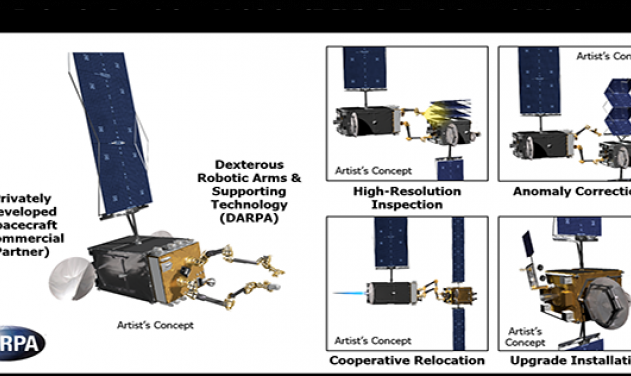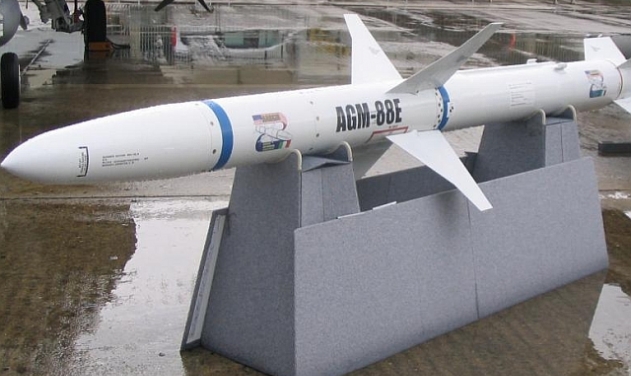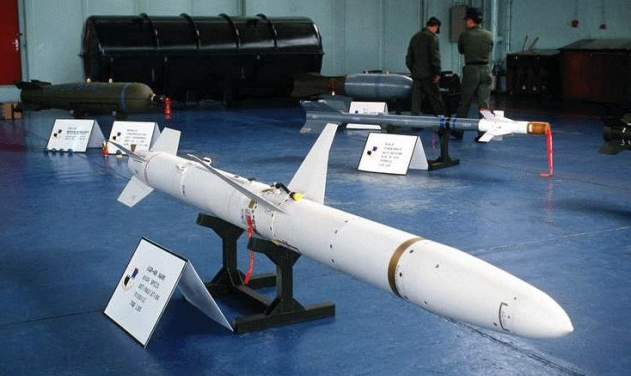Orbital ATK Wants DARPA Out Of Satellite Servicing, Files Lawsuit

Orbital ATK has sued Defense Advanced Research Projects Agency (DARPA) questioning its Robotic Servicing of Geosynchronous Satellites (RSGS) program as a competition to commercial enterprises and also a violation of the US National Space Policy.
“DARPA’s RSGS program will subsidize a single company with several hundred million dollars’ worth of space hardware and launch service, courtesy of the US taxpayer, to directly compete with commercial satellite servicing systems that Orbital ATK and other companies are developing with their own private capital. Even worse, we estimate that DARPA will provide about 75% of the program funding but retain only about 10% of its capability, a highly questionable and inefficient use of public funds,” Orbital ATK said in a lawsuit filed in a US District court for Eastern District of Virginia.
Orbital ATK has invested about $100 million in what it says a similar system, Orbital Mission Extension Vehicle (MEV) that competes directly with the DARPA program. The policy requires “that the government not build or buy systems” that “preclude, discourage or compete” with commercial systems, the company said in a statement.
DARPA in May 2015, circulated a proposal for a consortium of companies to partner with it to pursue RSGS technology.
As part of its proposal, DARPA attempted to provide an explanation for why the original Phoenix concept of the existing FREND (Front-end Robotics Enabling Near-term Demonstration, another DARPA program) technology was insufficient stating, “RSGS program must go beyond demonstration alone. Real-world servicing missions, requests by operators of satellites on orbit, will have significant impact on the aerospace industry,” the complaint said.
DARPA’s Tactical Technology Office received proposals last year from companies wanting to collaborate with the agency on the development and demonstration of a robotic spacecraft built to service government and commercial satellites stationed in geosynchronous orbit. Orbital ATK has not bid for the program.
“Orbital ATK will continue to pursue all available options to oppose DARPA from moving forward with this illegal and wasteful use of US taxpayer dollars,” the company said in a statement.













